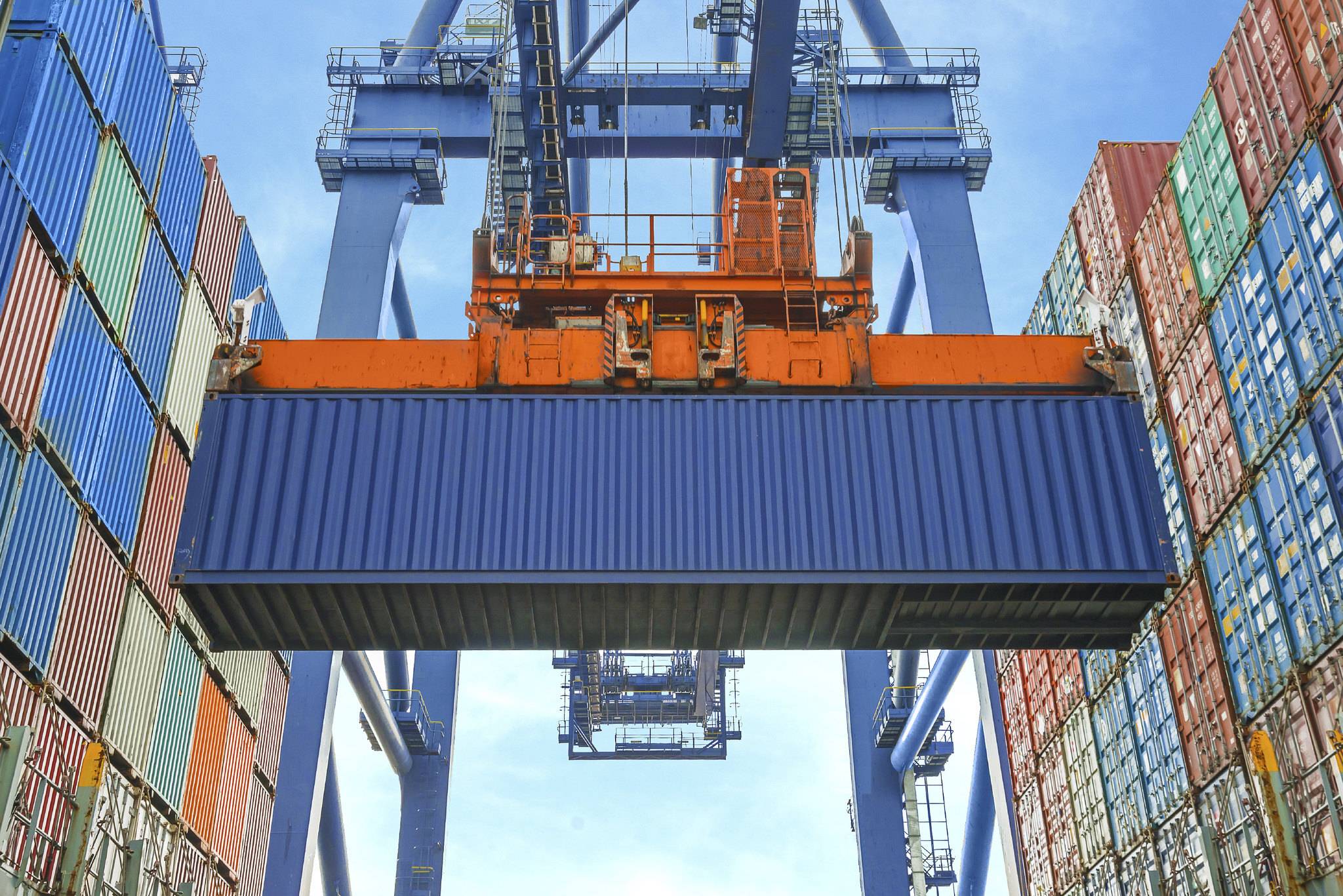Mexico is actively seeking to strengthen its trade relationships with the South American trade bloc Mercosur. This move comes in the wake of Mercosur’s recent successful trade negotiations with the European Union, prompting other countries to explore similar opportunities to diversify their export options amidst potential threats of tariffs under the new US administration.
According to reports from Reuters, Brazil, one of the key members of Mercosur, is expecting to accelerate free trade negotiations with other countries following the EU deal. Diplomats have indicated that potential trade pacts with the European Free Trade Association and the United Arab Emirates are on the horizon for Mercosur in the coming year. Singapore has also reached an agreement with Mercosur, awaiting ratification by the respective authorities.
The prospect of new trade agreements signifies a positive development for Mercosur, a trade bloc comprising major economies like Brazil and Argentina. Despite internal challenges and doubts about its effectiveness, Mercosur is now attracting interest from countries like Norway and the UAE for potential trade collaborations. Norway, for instance, is eager to finalize a trade deal with Mercosur through the EFTA group in the first half of 2025, while the UAE aims to deepen its commercial ties with Mercosur in the near future.
The looming threat of tariffs from the new US administration, particularly under President Donald Trump, has spurred countries like Mexico to explore alternative trade options. While Mexico remains committed to the US-Mexico-Canada Agreement (USMCA), the government is also looking to expand its trade relations with Mercosur as a strategic move to counter protectionist trends globally. Mexican officials emphasize the importance of diversifying investments and trade partnerships to navigate the evolving global trade landscape.
In addition to Mercosur, Mexico is also reportedly in discussions for a potential trade deal with Canada, further underlining its efforts to broaden its trade horizons. The Mexican government’s proactive approach towards enhancing trade relationships aligns with its broader economic strategy under President Claudia Sheinbaum, who envisions a more integrated and resilient Mexico in the face of emerging challenges.
As countries worldwide navigate the uncertainties of shifting global trade dynamics, strategic partnerships and diversified trade agreements are becoming increasingly vital for economic growth and stability. Mexico’s proactive stance in deepening its trade ties with Mercosur reflects a broader trend towards fostering mutually beneficial collaborations across regions and sectors. By leveraging these opportunities, countries can enhance their competitiveness, expand market access, and mitigate risks associated with protectionism and trade disruptions.
In conclusion, Mexico’s efforts to strengthen trade relations with Mercosur underscore the importance of fostering a conducive environment for international trade and economic cooperation. As countries seek to navigate the complexities of the global trade landscape, forging strategic partnerships and exploring new avenues for collaboration will be key to fostering sustainable economic growth and resilience in the face of evolving challenges.
